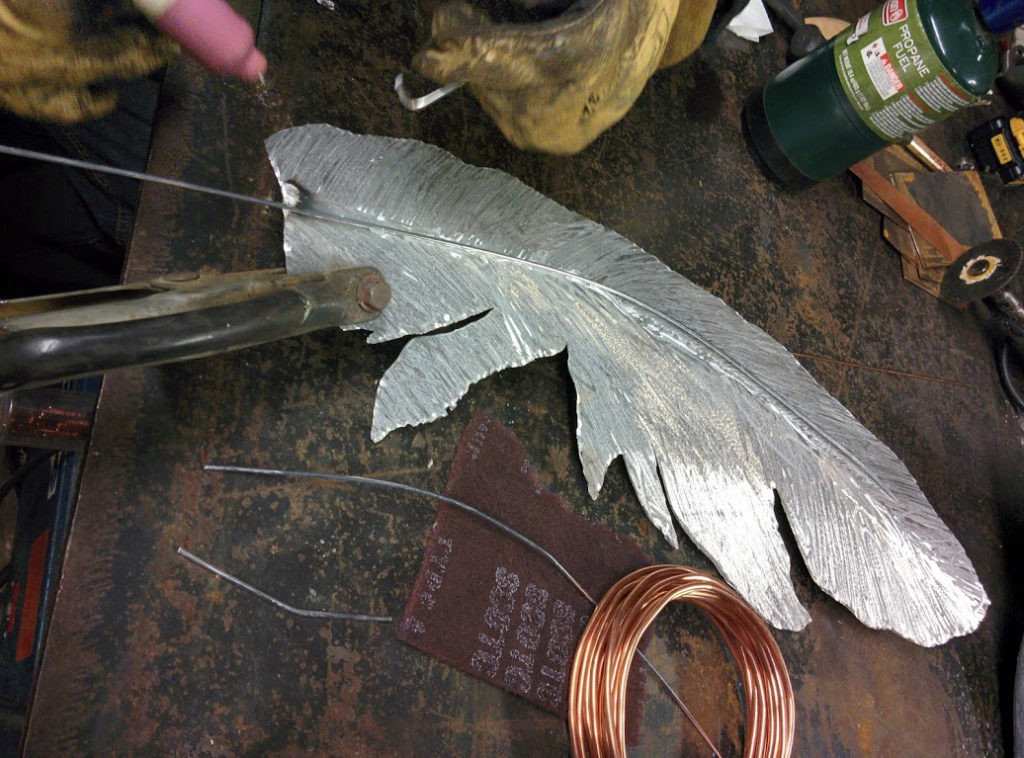By Cynthia Freese, Director of Artist Relations, Artists Sunday
Artists Sunday is just over 80 days away and now is the time to start thinking about commissions. Or now is the time not to…. Allow me to explain. Not all commissions go smoothly and not all commissions are worth taking. Having said that I believe that most artists are happy to receive an invitation to create commission work. My first piece of advice is: stay calm and don’t say yes right away! No matter how bad you need the money, don’t say yes until you have an understanding of what you are getting yourself into!
No matter how big or small your project is, take your time and evaluate your clients. A satisfied client is worth their weight in gold and an unhappy client can be a thorn in your side for many years. Saying yes too quickly in accepting commissions can be a problem, even in smaller inexpensive jobs like promising a custom scarf in a color or weight that is no longer available.
Having created more commission work that I can keep track of, I am hoping to help you avoid some of the mistakes I have made. Especially the expensive mistakes.
TIP: Being true to oneself and one’s craft has a place – and that place is not usually part of doing commission work.
Most of the artists I know started out creating work that they wanted to make. When I first started my career as an artist, I felt like making changes for others was being untrue to myself. After a while I learned that I could make pieces for me and I can make work for others. When you are working on a commission piece for someone else they are the boss. It is like a partnership and quite different than working for yourself. Try not to confuse the two!
The following story is true:
The exhibition was in full swing, potential buyers were walking around with glasses of champagne in their hands. I was standing next to a couple ladies who were admiring a painting with a southwestern flare and a $20,000 price tag. The lady furthest from me said to her friend, “If there was a Sequoia cactus in the center, I would buy this painting tonight.”
In less than 2 seconds the artists came over to the painting with his paint palette in hand and said, “okay lady where exactly do you want me to put your Sequoia cactus.”
I stood there dumb founded and watched as he added the cactus and had his assistant ring them up and make arrangements for delivery. That was when I learned that no matter how much I liked a piece I had created, sometimes it’s okay to make changes to have happy customers.
TIP: On taking a commission, be willing to make changes to work to make someone else happy. And just as important, try not to make them feel bad for wanting the change made!
Being able to communicate and be flexible with the person or company that hires you is extremely important for the commission artist relationship. To be successful you need to be able to respond effectively to the concerns, requests and needs of the person hiring you. People can be demanding!
My advice: if you do not work well with other people, don’t take commissions.
Commission disasters are avoidable. You need to know as much as possible about who is hiring you. No matter how badly you need the money, no matter how much they say they love your art, or how well your initial conversations go, or even how much you both like dogs, golf or vodka. If you haven’t worked together before, do your due diligence. Disasters can be avoided before they start.
TIP: Meet or speak with the other party before taking the job. If more than one person is involved, make sure that you know who will be giving you guidance and feedback.
Having a husband hire you and having the spouse asking for something completely different can make your job impossible to complete in a timely manner, which can get expensive.
“Will you be the only one approving the art?” This is a particularly important question, and one where you want to hear “Yes” for an answer.
The more people you have to please, the less likely you’ll please everyone and the more you should think about turning the job down.
A few years ago I was working on a large piece in front of a business location, I was told that the person hiring me had the final say. After months of work and just days before I was ready to install, I found out that all art that was near the sidewalk had to be approved by the local art commission.
Discuss the project in person when possible and try to get your clients to come to where you create! With the 2020 global pandemic, taking advantage of technology can be extremely helpful. Video chats can help you take the clients on a video tour making sure they see a wide variety of your work. It can take effort to get a good understanding of what your potential clients are looking for.
A few years ago, I got a referral call about doing a decent sized metal sculpture of a pirate. At first the job sounded exciting. It turned out that the potential client had seen a piece of work but thought it was overpriced and so he took a few dozen photos and asked me to make him an exact duplicate. I told him no thank you.
Some people say they want to commission a work of art when all they really want is an exact duplicate of one particular piece, or maybe they want something that looks like a piece they saw in your portfolio that has already sold.
TIP: Your potential client needs to see many different styles of your work as possible.
As your potential clients look at your work, watch how they react to different styles. Ask them questions: what did they like and why, what did they not like.
It is important to be on the same page and having an understanding of your client before you say yes! I like to start out conversations a bit like this: I am honored that you think my work could be a good fit for your [Home, Office, Park, Gift for a loved one]. Have you commissioned work before? If so, how many times?
The more art they have commissioned, usually is a good sign that they will respect you as an artist and if there are some hurdles to jump over they won’t be all that bad to get over.
Please don’t be afraid to ask how past commissions have gone and what if any problems they might have encountered along the way. I have had some commission requests where I just was not sure I wanted to accept the client offers based on references by other artists they had worked with.
TIP: Ask for names of several artists who they’ve commissioned art from and contact them to see how things went.
If they have never commissioned, asking general questions are the best, as it will allow you some creative freedom to create a unique and special piece. Getting signs from them that they appreciate you as an artist and what your art represents, rather than how they want the finished piece to look, is outstanding. But you cannot be afraid to ask what they don’t like about your art.
If they don’t like something, respect that later! If they don’t like most of your work, you might think twice about not taking on the commission.
Make sure to ask your potential client if they have any other questions or requests. My favorite replies from clients are replies like, “We would like to leave the details up to you.” Sometimes you will get a long-involved answer with lots of conditions and concerns. Be careful, be cautious!
Pricing the Job
Most new artists will under bid a job. There are a few things to consider when coming up with your pricing formula.
- First think about what you would sell a completed non-commissioned piece for that is approximately the same size or similar style work.
- Then think about the hourly rate for your work. You deserve to pay yourself a reasonable hourly wage.
- Next you need to add in the cost of materials.
If you are selling the work in a gallery many artists will double the cost of materials to cover the gallery fee. For small jobs, like making a knit hat a special shade of blue, you really don’t need to do much more besides deciding if the customer is going to pick up the item from you or if you need to mail it to them, in which case you will want to charge them shipping. For the larger project or more unique requests you will want to factor in how long the project will take you to complete.
TIP: Add in extra time to cover time spent having conversations with your clients and for making changes.
It is okay to come in under budget but coming in over budget makes for resentful customers.
Here is one example: If materials cost $50 and you take 20 hours to make the art, and you pay yourself $30 an hour to make it, then you price the art at $650 ($30 x 20 hours + the $50 cost of materials). Some painters and photographers prefer to price work by the size and then add on time for doing the work.
TIP: You need a contract!
Once you have agreed to accept the commission project, you will need a simple contract. I suggest having a simple contract even if the work is for a friend or family member! You can relax your terms for friends and family, but it is best to treat all your customers with professionalism.
TIP: Get a deposit in advance!
Deposits are often in the 25% to 50% range, with kill fees varying from 30% to 90% depending on when the project is canceled.
TIP: Include a thank you card with the finished work and let them know that you enjoyed working with them and that you appreciate referrals.
I think that about does it. Accepting commissions can be rewarding if you plan ahead. Good luck with your commission work.
ONE FINAL TIP:
Sign up for Artists Sunday and tell us if you are offering Artists Sunday-related commissions so we can promote you. Details on how to do so will be in the Artists Sunday Toolkit made available to all artists at the end of September.




